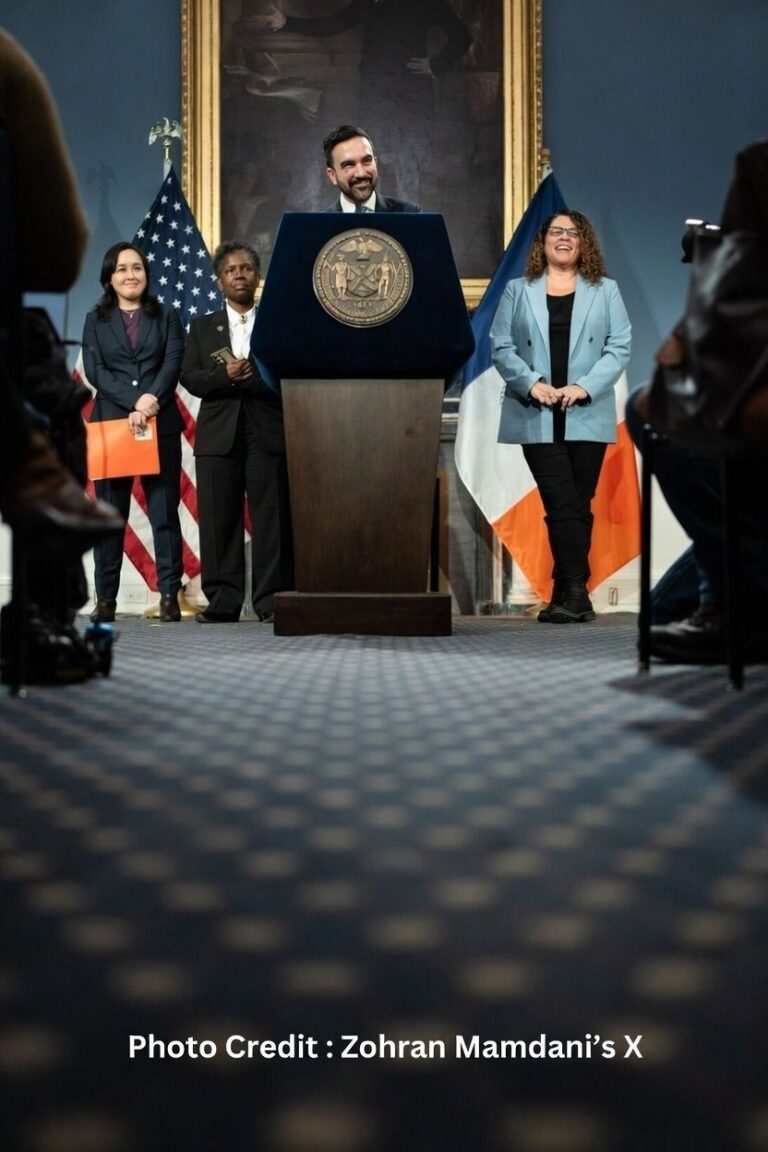
KUALA LUMPUR, Malaysia, Aug. 2, 2025 – Former Minister of Economy Rafizi Ramli has emphasized the retention of critical reform pillars in the 13th Malaysia Plan (RMK13), which was announced on July 31, 2025. The plan, developed since November 2022, preserves nearly 95% of the strategic initiatives from Rafizi’s tenure, including significant education restructuring, economic transformation, and preparations for an ageing society.
RMK13 is poised to address longstanding challenges in Malaysia’s education system by introducing several key changes. One of the most notable reforms is making preschool compulsory for children starting at age five, with primary education beginning at age six and extending secondary education to age sixteen. These adjustments aim to enhance early childhood development and ensure a more robust foundation for students’ future learning.

In a detailed explanation shared on social media, Rafizi outlined the rationale behind these educational reforms. He noted that previous governments had faced significant debates over education funding, which, despite being relatively high compared to similar economies, was often directed towards physical infrastructure rather than teacher training and curriculum enhancement. To counter this, RMK13 proposes transforming Teacher Education Institutes (IPGs) into specialized centers for continuous professional development of in-service teachers, rather than focusing solely on initial teacher training.
“Investing in teacher competency is crucial. If we change the syllabus but fail to train teachers adequately, we won’t achieve the desired outcomes,” Rafizi stated. He also highlighted the importance of the critical early years, between ages four and seven, for physical and mental development, which the new preschool policy aims to support universally across government schools starting in 2026.
Economically, RMK13 retains key initiatives such as the New Energy Transition Roadmap (NETR), the KL20 economic blueprint, and the Johor-Singapore Special Economic Zone (JSSEZ), which are expected to drive sustainable growth and innovation. These measures are part of a broader strategy to prepare Malaysia for demographic shifts, including a declining workforce due to an ageing population, by ensuring that future generations are better equipped to enter the workforce earlier and with stronger skills.
The educational reforms are scheduled to be implemented beginning in 2026, with new preschool facilities and adjusted curricula to accommodate the extended educational timeline. This move is seen as a step towards addressing the burden on parents, who currently face high preschool fees, and ensuring that education is a universal right rather than a privilege.
Rafizi’s insights into RMK13 have sparked discussions on the potential impact of these reforms on Malaysia’s future, with many viewing them as a necessary evolution of the country’s educational and economic landscape.














